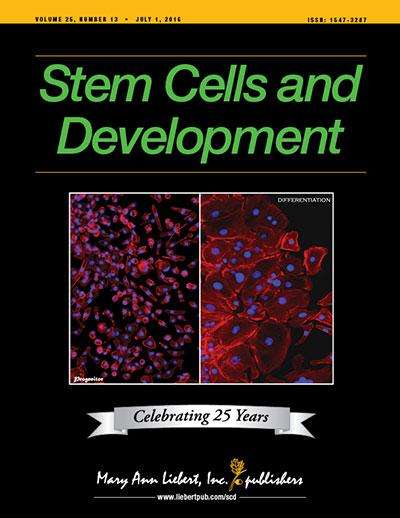MicroRNAs identified as novel targets for treating asthma

A new study shows that microRNAs, which are small, noncoding RNA molecules that can silence genes, have an important role in inducing asthma. Regulating the function of specific miRNAs identified in the study could represent a new approach to asthma therapy, according to an article in Stem Cells and Development.
In "MicroRNAs Involved in Asthma Following Mesenchymal Stem Cell Treatment," Guan-Nan Tang and coauthors from Sun Yat-sen University, Guangzhou, China, examined the changing levels of miRNAs in a mouse model of asthma following the induction of asthma and after a transplant of human bone marrow-derived mesenchymal stem cells (BM-MSCs). The BM-MSCs alleviate asthma-related airway inflammation. The researchers identified a series of miRNAs that had different expression levels after asthma induction and BM-MSC treatment.
"This exciting convergent work provides not only a model for revealing novel discoveries in disease pathogenesis, but also proposes the miR21-Acvr2a axis as a critical regulator of the therapeutic effect of MSC in asthma," says Editor-in-Chief Graham C. Parker, PhD, The Carman and Ann Adams Department of Pediatrics, Wayne State University School of Medicine, Detroit, MI.
More information: Guan-Nan Tang et al, MicroRNAs Involved in Asthma After Mesenchymal Stem Cells Treatment, Stem Cells and Development (2016). DOI: 10.1089/scd.2015.0339
















